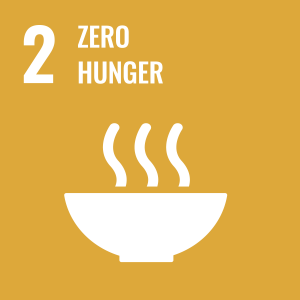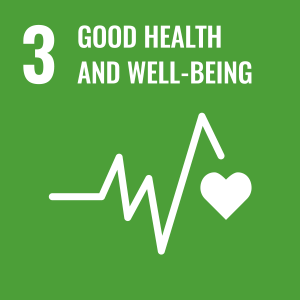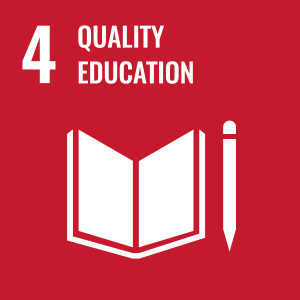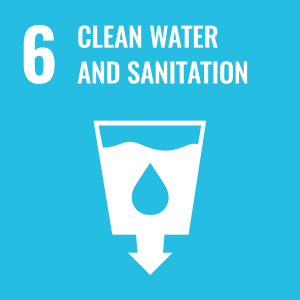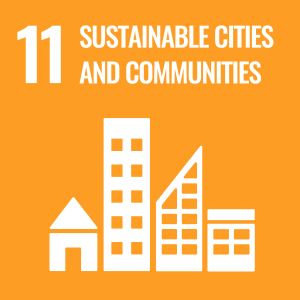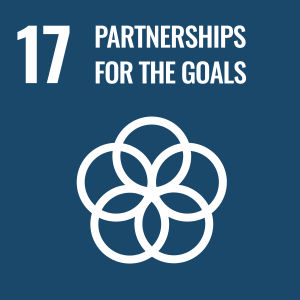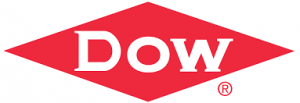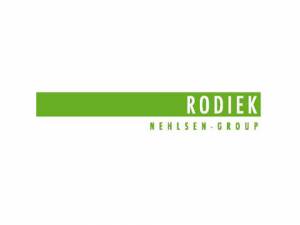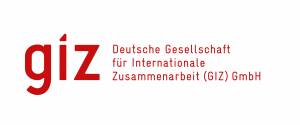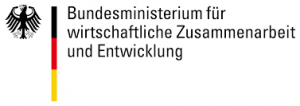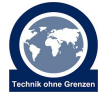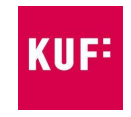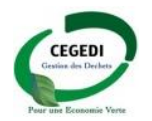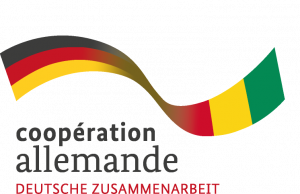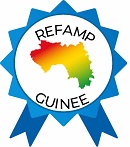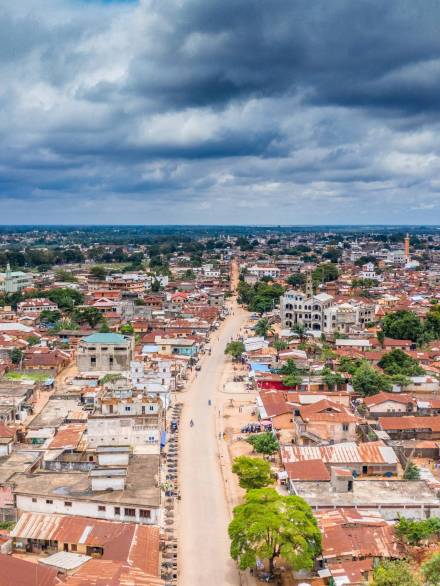
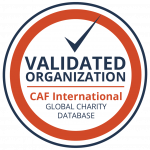
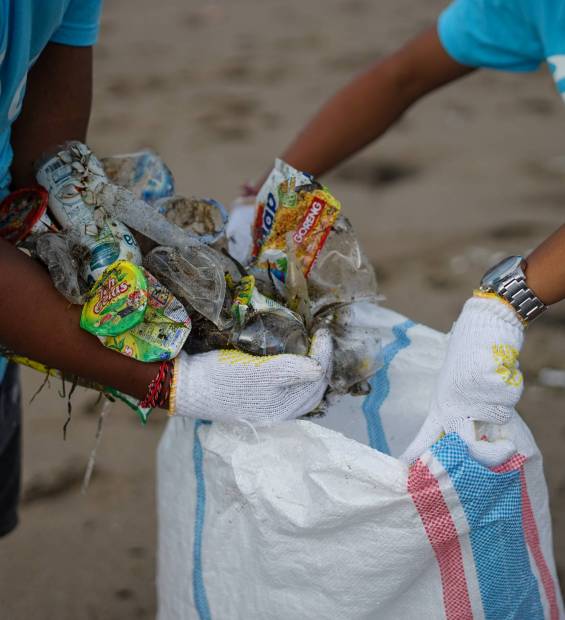
Wer sind wir ?
EuroGuinée wurde 2002 in Nürnberg (Deutschland) als gemeinnützige, nichtstaatliche Organisation gegründet. Wir verfügen über mehr als 20 Jahre Erfahrung im Bereich der nachhaltigen Entwicklung und konzentrieren uns auf die Förderung von Projekten in den Bereichen Gesundheit, Bildung, Umwelt und Wasser in Guinea. Unser Ziel ist es, die Bedürfnisse der Bevölkerung zu erfüllen. Deshalb arbeitet unser Team in Guinea bei der Projektplanung und -durchführung eng mit lokalen zivilen, öffentlichen und privaten Akteuren zusammen. EuroGuinée möchte ein Vorbild für alle sein und ermutigt die Menschen, sich an der Verbesserung der Lebensbedingungen im Land zu beteiligen.
Unsere Verpflichtungen
Unsere Schlüsselzahlen
Wir arbeiten Hand in Hand mit 17 Partnerorganisationen, darunter NIFA, GIZ und RTM. Dank ihnen tragen wir dazu bei, im ganzen Land wieder Hoffnung und Vertrauen zu schaffen. Mehr als 10 Projekte wurden erfolgreich für die sozio-ökologische Entwicklung Guineas durchgeführt. Im Zeitraum 2019-2021 haben wir den Bau von Brunnen in 16 Gemeinden und Schulen außerhalb der Hauptstadt Conakry umgesetzt. Außerdem haben wir Toiletten installiert und damit 5 191 Schülern den Zugang zu guter Hygiene ermöglicht. Und das alles dank Ihrer Spenden – vielen Dank! 8400 Menschen werden nun mit Trinkwasser versorgt. 1 200 Ladenbesitzer haben Zugang zu sauberen sanitären Anlagen. Die Sensibilisierung der Öffentlichkeit für ökologische und soziale Fragen, aber auch die Veränderung von Einstellungen, die Förderung nachhaltiger Praktiken und die partnerschaftliche Zusammenarbeit mit lokalen Gemeinschaften zum Schutz ihrer Umwelt und zur Stärkung ihrer Integration. Die Erhaltung der Umwelt ist auch eine Frage der sozialen Gerechtigkeit, denn die ersten Opfer der globalen Erwärmung sind die Menschen im Süden, auch wenn sie keine Schuld daran tragen.
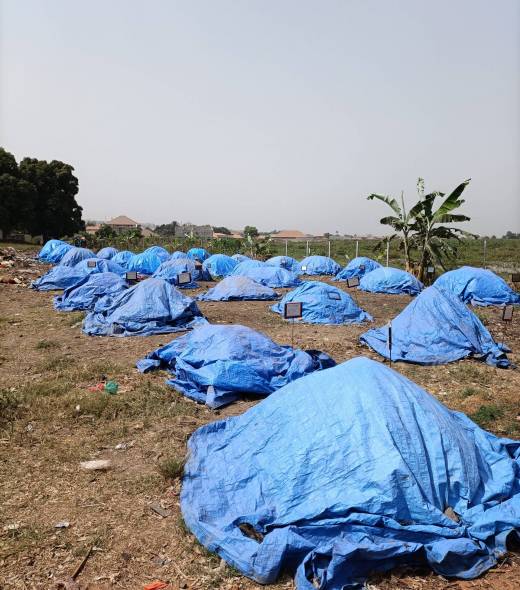
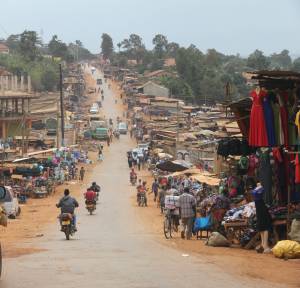
Guinea
„Das Land mit seinen 13,2 Millionen Einwohnern ist in vier geografische Regionen unterteilt: Maritim-Guinea an der Atlantikküste, Fouta Djallon oder das Hochland von Mittel-Guinea, die Savannenregion von Ober-Guinea im Nordosten und Wald-Guinea, eine Region mit tropischen Wäldern. Französisch, die Amtssprache Guineas, ist Verkehrssprache in den Schulen, in der öffentlichen Verwaltung und in den Medien, aber es werden mehr als 24 indigene Sprachen gesprochen, die wichtigsten sind Susu, Pular und Maninka. „Der Reichtum an Bodenschätzen macht Guinea zu einem der reichsten Länder des Kontinents, aber seine Bevölkerung gehört zu den ärmsten in Westafrika. (BBC News). Diese natürlichen Ressourcen waren jahrhundertelang der Grund für die Kolonialisierung und wirtschaftliche Ausbeutung des Landes. Ab 1850 unternahm Frankreich systematische Kolonisierungsversuche, die teilweise auf heftigen Widerstand stießen. Nachdem Deutschland 1885 seine Ansprüche auf die Kapitaï und Koba aufgegeben hatte, wurde das heutige Guinea 1892/93 als Teil von Französisch-Westafrika französische Kolonie. Die traditionellen politischen Systeme wurden systematisch zerstört. Die lokalen politischen Führer wurden inhaftiert oder deportiert. Lesen Sie mehr
